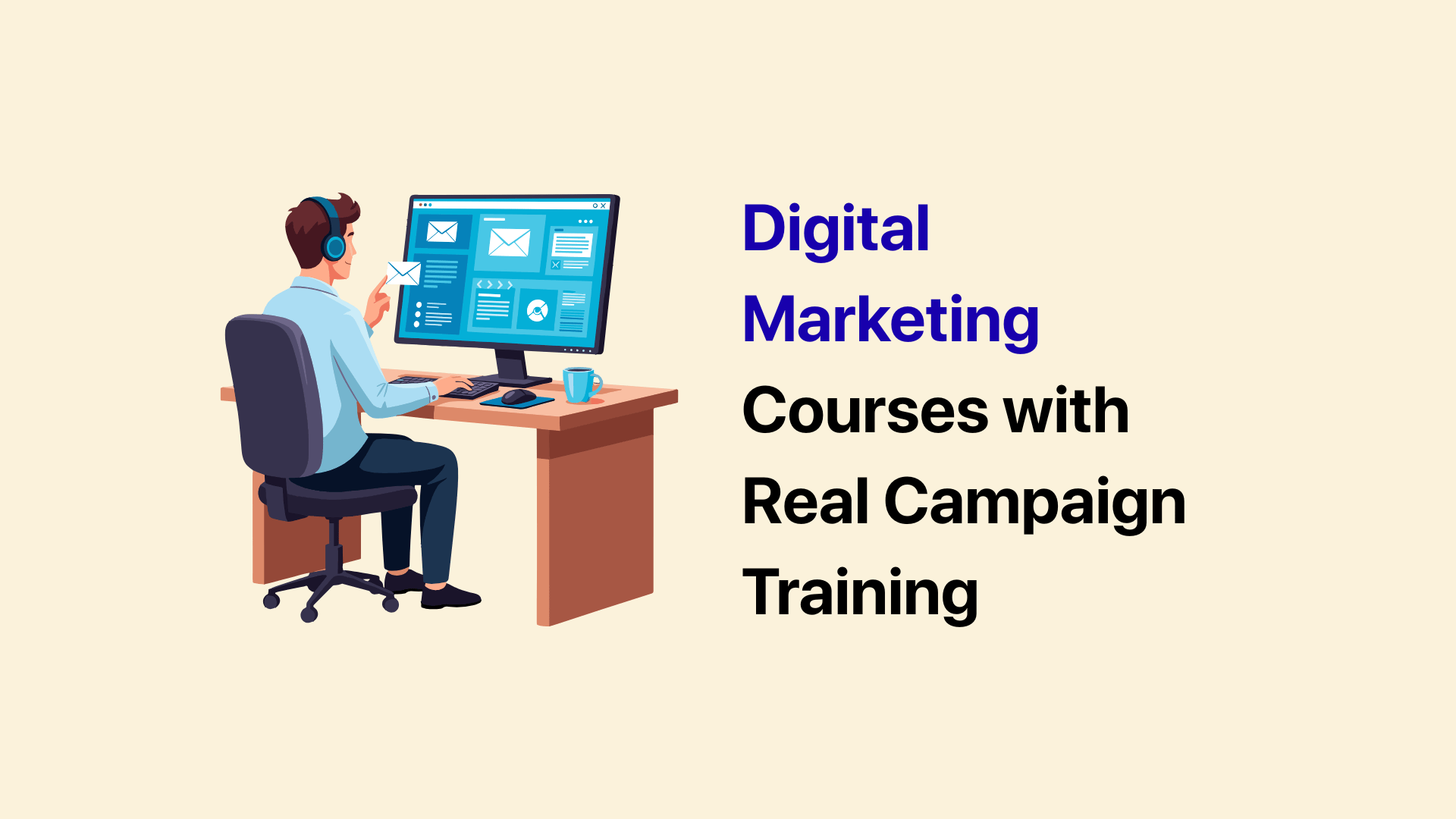How To Build A Metaverse-Enabled Ad Tech Platform With Symfony
The metaverse has become an increasingly popular platform for businesses: its virtual world and global reach offer unique opportunities to create meaningful connections between brands and their audiences. As the ability to monetize these connections grows, so too does the need for powerful and reliable adtech platforms. Symfony framework provides great capabilities for creating advertising platforms that leverage the power of the metaverse. In this article, we’ll explain why Symfony is one of the best technologies to use when building such projects.
What Is An Ad Tech Platform?
Adtech platforms are digital infrastructures that enable marketers to track, target, and measure the performance of their ads. The platform is responsible for displaying relevant ads to users based on the data it collects from its ad servers. Adtech platforms also allow marketers to optimize their campaigns in real time, ensuring they reach the right audiences with the right message.
What Is The Metaverse?
The metaverse is a virtual world that enables users to explore, interact with objects and other people, and participate in activities. It creates a global network of connected spaces, populated by people from around the world. These features make the metaverse an ideal platform for businesses to reach new audiences while also providing a unique opportunity to build meaningful relationships with potential customers.
Integrating Ad Tech And The Metaverse
How does the metaverse transform the adtech landscape? By integrating advertising technology and the metaverse, businesses can create highly interactive experiences for their users.
This synergy opens up new opportunities to engage with potential customers in a much more targeted way than traditional advertising methods. If you have a metaverse-powered ad tech project in mind, consider partnering with a reliable Blockchain development company that specializes in creating innovative solutions for the metaverse. Aetsoft, with its extensive expertise in Blockchain development, stands out as a leading player in this space.
And now, let's look through the key features a metaverse-enabled adtech platform can offer to advertisers.
A) Virtual Billboards
Virtual billboards allow you to display ads in 3D space that can be controlled via an AI-driven content management system. You can customize your ads based on context, providing viewers with an immersive experience. This type of advertising is sure to capture users’ attention and provide valuable insights into their behavior.
B) Branded Digital Spaces
A branded digital space is a virtual environment in which a brand can create custom interactions with potential customers. This feature enables advertisers to showcase their products and services interactively, engaging audiences with surprising visuals, campaigns, and promotional activities.
C) Metaverse Events
Companies can create events to drive real-world engagement with their products or services. By leveraging the metaverse’s capabilities, marketers can host virtual events that are accessible to anyone around the world. This feature is great for building brand awareness or generating leads.
D) Digital Influencers

The metaverse is a great platform for digital influencer marketing, where brands can leverage the power of their influencer’s followers to reach new audiences and create relationships with them. Digital influencers have the potential to transform ad campaigns into success stories.
E) Virtual Products For Sale
The metaverse allows businesses to sell virtual products and services, such as exclusive items or customized experiences. Businesses can offer discounts, loyalty programs, and other incentives to drive engagement and sales.
Picking The Right Technology For Building A Metaverse-Powered Ad Tech Platform
Building a metaverse-enabled adtech platform requires the right tech stack. Here are the key criteria that the technology chosen for metaverse advertising technology project development should meet:
a) Scalability — It should be able to scale easily as your project grows to accommodate the increasing demand for its services
b) Security — It must have robust security measures in place to protect user data and transactions
c) Reliability — The platform should be able to handle high traffic volumes without any major issues or downtime
d) Interoperability — The technology chosen should enable easy integration with existing systems such as ad networks or analytics platforms
e) Customization — It should offer seamless customization capabilities so that the interface can be tailored to any brand
f) Cost-Effectiveness — The technology should provide cost-efficiency while delivering the necessary features and functionalities
With the right tools and technologies, businesses can take full advantage of the metaverse’s potential for advertising technology platforms. A reliable ad tech software development company can help you handle your project development from A to Z.
What Makes Symfony Great For Metaverse Adtech Platforms Development?
Symfony is a PHP web application framework that provides an excellent platform for creating metaverse-enabled advertising technology projects. It offers all the features necessary to develop a stable and secure adtech platform that meets the above criteria. To leverage the capabilities of this framework to the fullest, you may want to hire Symfony developer for guaranteed success.
Here are some of the key benefits Symfony has to offer.
A) Flexible And Modular Framework
Symfony’s modular architecture enables developers to easily customize their projects to meet specific requirements. By using pre-configured bundles, developers can quickly create projects that are tailored to the needs of their specific project.
B) Scalability
Symfony is designed to be highly scalable, making it easy to increase its capacity as the demand for your project’s services grows. It also offers features such as caching and asynchronous processing that help enhance performance and keep response times low.
C) Reliability
The framework’s reliable architecture allows it to handle high traffic and load without any issues. Its built-in security measures ensure that all transactions are secure and private.
D) Extensive Ecosystem
Symfony has an extensive ecosystem of third-party libraries and components that can be used to enhance the functionality of projects. With an array of tools and libraries, developers can easily extend the capabilities of their projects.
E) Interoperability
With Symfony’s interoperability capabilities, developers may integrate their projects with existing systems to get the most out of their metaverse ad tech platforms.
F) Cost-Effectiveness
Using Symfony for metaverse adtech development is highly cost-effective and can help save money on overhead costs. When working with this framework, businesses don't have to purchase expensive licenses or subscriptions. In addition, Symfony offers features that simplify the process of developing projects from scratch, helping to reduce development time and costs.
G) Security
Symfony provides robust security features such as encryption, authentication, and authorization that help ensure the safety of user data and transactions. It also offers secure coding practices to prevent malicious attacks.
Summary
Metaverse-enabled advertising technology projects provide businesses with amazing opportunities to target their audience in a new way. The right technology is essential for creating an effective platform, and Symfony provides an ideal choice due to its robust features. With this framework, developers can create a stable, secure, and cost-efficient platform for metaverse adtech projects. Now that you know the benefits of using Symfony for projects, you can start crafting your innovative solutions.











